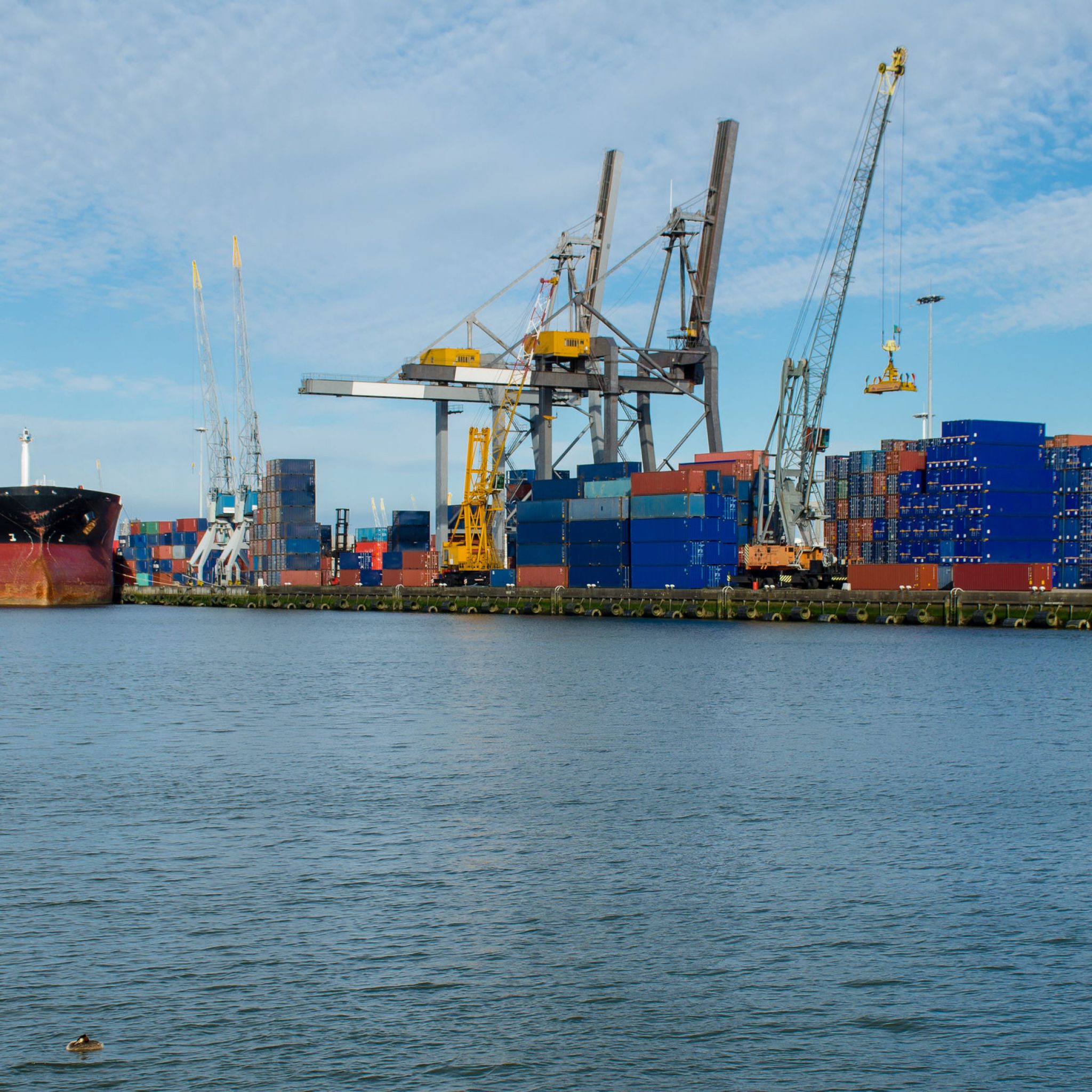5G ship-to-ship communications, starting with the Gulf of Riga, then elsewhere in the Baltic Sea
Latvian telecoms company LMT this week announced a partnership with port service provider Rigas Brivostas Flote (RBF) to create and deploy maritime 5G, starting with ship-to-ship communications in the Baltic Sea. The first demonstration of the technology is planned for next year in the Gulf of Riga.
RBF is a capital company of the Freeport of Riga Authority. The company operates a technical fleet of vessels and a fleet serving Latvian ports, ranging from icebreakers to hydrographic vessels, pilot vessels and, more recently, floating drones.
“5G network connectivity holds enormous innovation and digitization potential for the maritime sector and ports. However, implementing 5G-enabled solutions at sea faces many challenges, most notably – ensuring offshore 5G network infrastructure,” LMT said in a statement.
Arturs Lindenbergs, Mobility Innovation Lead at LMT, sees maritime 5G as a result of the company’s leadership in smart mobility in areas such as public safety and defence.
“We have extensive expertise in leveraging 5G for mobility and are keen to start developing smart maritime innovations as well,” he said.
Kaspars Ozolins, Chief Executive Officer at RBF, said the goal is to use maritime 5G to improve the efficiency and competitiveness of Latvian ports.
“With this R&D collaboration between LMT and RBF, we aim to enable the use of 5G capabilities in the Port and Gulf of Riga, and over time elsewhere in the Baltic Sea,” he said.
LMT selected Nokia earlier this month to enable 5G Standalone (SA) Core services. LMT is owned by the Swedish multinational telecommunications company Telia Company AB. Telia operates local telecom services in Sweden, Finland, Norway, Denmark, Lithuania, Latvia and Estonia.
5G SA’s efforts mark another milestone in LMT’s network modernization efforts. In April 2021, LMT flipped the switch to Voice over LTE (VoLTE) over its 4G network. The company had tested VoLTE with its 5G customers but made it available to all customers, citing its energy efficiency, improved quality of service and better scalability for future services. The company said at the time it was the first mobile operator in Latvia to support VoLTE.
A month later, LMT announced the launch of 5G Fixed Wireless Access (FWA) service in Latvia, for which it also claimed first. The service uses routers from Latvian network equipment supplier MikroTik. The MikroTik routers feature 4×4 MIMO (Multiple Input/Multiple Output) antenna arrays. This provides users with download speeds of up to 2 gigabits per second (Gbps) and upload speeds of 200 megabits per second (Mbps), according to the company. LMT introduced the 5G FWA service in the Latvian city of Ādaži. The telecom company planned to illuminate other areas with FWA as LMT’s 5G network develops.



/cloudfront-us-east-2.images.arcpublishing.com/reuters/OBTUZZXDENJYFP4UX2IZQMIYFU.jpg)
